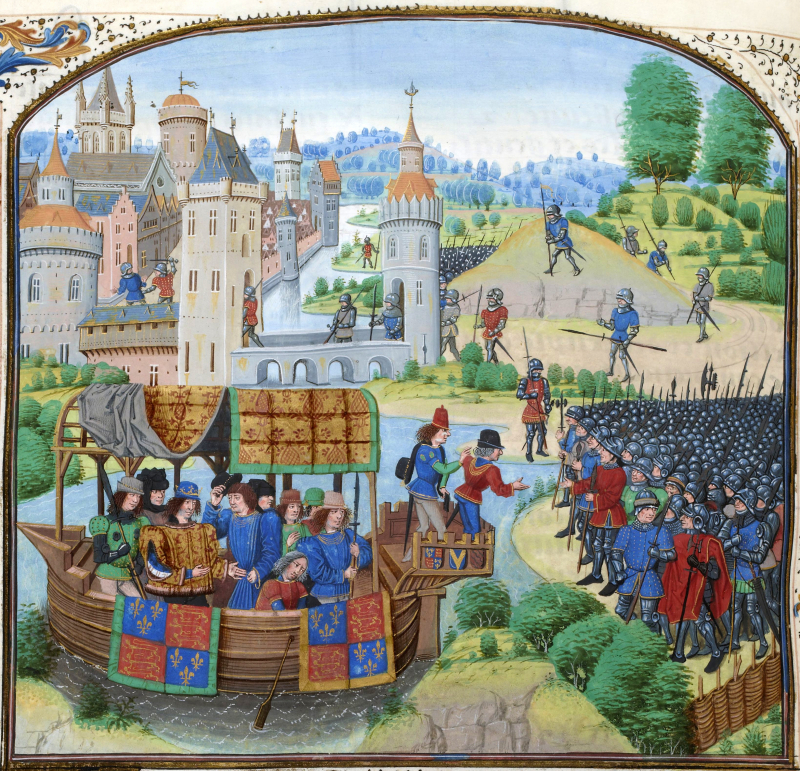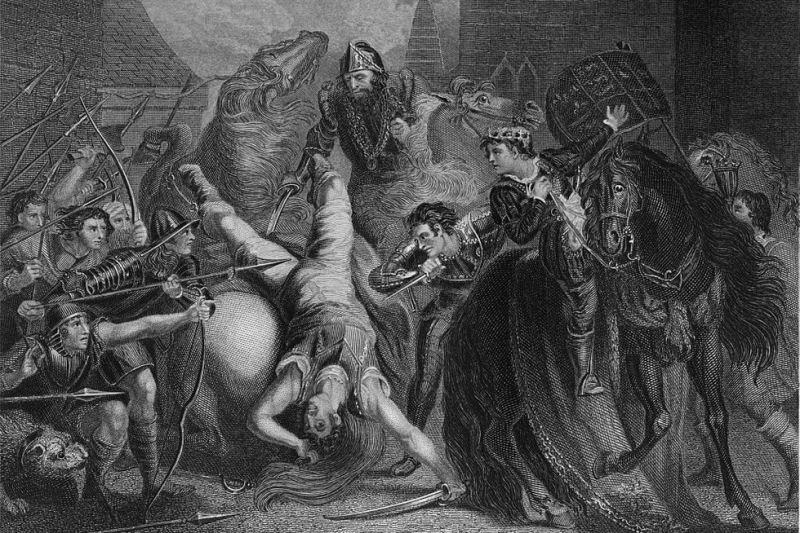The Peasants' Revolt
The Peasants' Revolt, one of the most famous protest movements that shook Britain, was a peasant insurrection in England in 1381. It was the largest peasant insurrection in medieval England. The Peasants' Revolt is also known as Wat Tyler's Rebellion, after Wat Tyler, a local leader of the rebellion's peasants. It has also been referred to as the Great Rising.
Today, the causes of the insurrection remain unknown, however, there are some candidates: From 1347 to 1353, there was a massive outbreak of the Black Death. This resulted in fewer workers and economic concerns. Another factor is that the English crown raised taxes multiple times in a short period of time to support the Hundred Years' War. Or perhaps the central administration in London was ineffective at the time.
Academics have extensively researched the Peasants' Revolt. It was once thought to be a watershed moment in English history, but modern historians are less convinced about its impact on future social and economic history. The insurrection had a significant impact on the history of the Hundred Years' War by discouraging later Parliaments from raising extra taxes to fund military expeditions in France. The uprising has been widely exploited in socialist literature, particularly by author William Morris, and it continues to be a significant political symbol for the political left, shaping debates around the implementation of the Community Charge in the United Kingdom in the 1980s.
Date: 30 May 1381 – November 1381
Location: England
Result: Suppression of revolt and execution of rebel leaders












